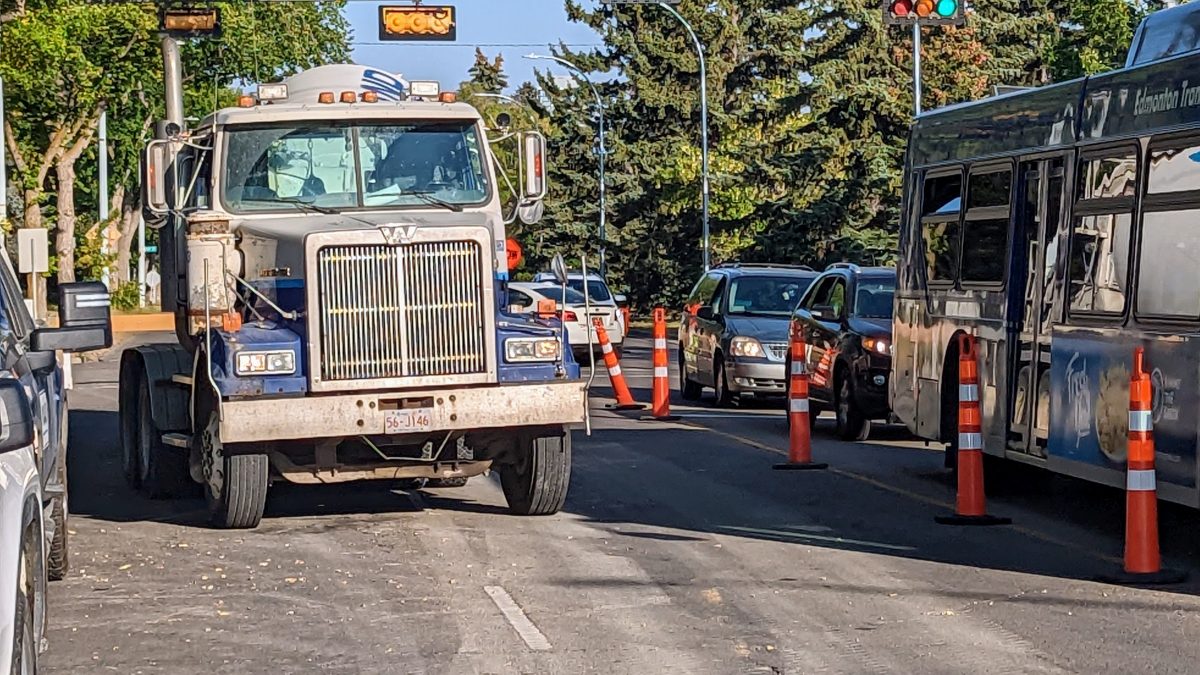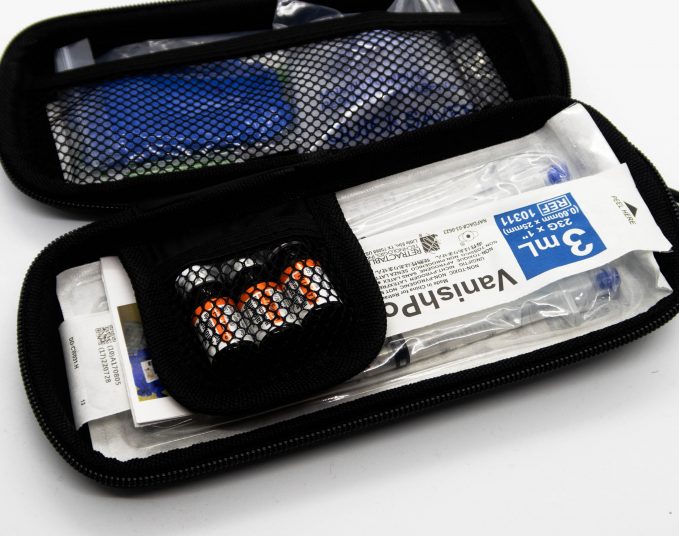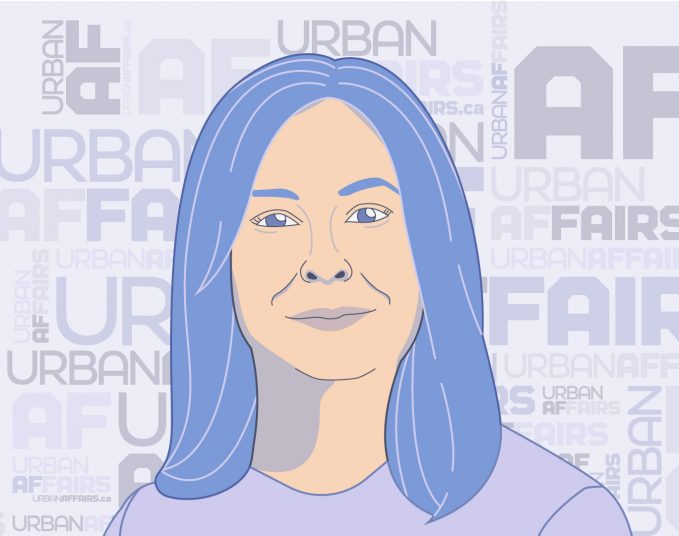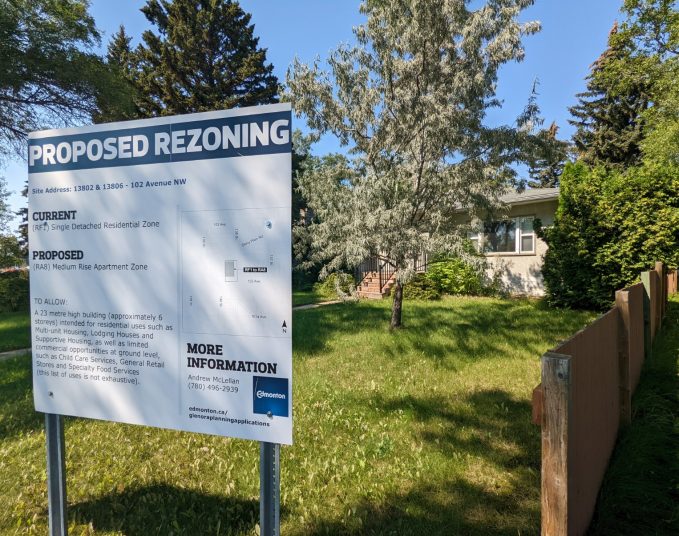No City of Edmonton councillor had as overwhelming an election day as Tim Cartmell did back in the fall of 2021. With over 80 per cent of the vote, he easily won re-election in Ward pihêsiwin.
But, now comes the messy part — the discussions for the four-year budget plan. And, as one of only four incumbents to get re-elected in 2021, Cartmell hopes the rookie-laden council will take a common-sense approach. While Edmonton is a growing city, he worries that council will be too enamoured with launching new programs and building new infrastructure to see that the City has lots of existing roads, buildings and facilities that are overdue for repairs.
“There’s a tension there, especially when you’re a first-time councillor, that there’s a self-imposed need to deliver something,” says Cartmell. “And that tends to the new, the shiny and the ribbon-cutting. We need very, very little of that… I don’t want to see us do a lot of new stuff. I want us to focus on maintenance and rehabilitation.”
So, with that in mind, Cartmell’s wish list for pihêsiwin is small-scale.
“In my own ward, we need a replacement library branch. We need small-scale recreation, which is usually the realm of the community leagues. We need splash pads and a couple of arenas, not the sort of thing that’s the mega-rec centre. We need neighbourhood scale recreation for all of these neighbourhoods that have been built over the last 15 years, where we have not kept up.”
But he says even the smaller asks — including any he may have — need to be scrutinized. Construction costs are tough to predict, because of higher labour costs and how the price of materials continues to skyrocket.
“We have some strong inflationary headwinds,” he said, “and, because we’d have to do any new construction pieces on debt, you don’t know where you are going to end up. So as much as we may need those things, and my colleagues need those things too, it’s a growing city, we need to invest in our amenities in a measured and deliberate way.”
He’d like to prioritize fixing what the city already has. Cartmell points to council’s recent decision to close Scona Pool as what happens when major fixes are put off and put off, until a piece of recreation infrastructure becomes obsolete. Basically, if council had decided years ago to really address Scona Pool when it was fixable, the discussion about closing the facility might not need to have happened in 2022.
Cartmell says that, as the provincial election nears, money will be made available to cities as part of the campaign “goodies” that we’re used to seeing ruling parties give out as a re-election strategy.
“If you’ve got one-time money to spend, spend it on renewal,” he says. “And if you [the province] don’t want to give it to the cities because of politics, then spend it on deferred maintenance to the school boards. Spend it on deferred maintenance in medical facilities. You can help the daily lived experiences of the people I represent by making their experiences better in the schools and in the health-care system. Just don’t give me a bunch of new stuff. Don’t promise me a new LRT line that I can’t afford to operate.”
He says Edmonton would be well served to use those funds to fix a lot of infrastructure that’s in need of it — to get to projects that, like Scona Pool, have been put off too long.
“That includes IT, it includes fixing up and shoring up what we already have. That includes a lot of roadways, that includes some transit facilities. I want us to be really measured with what we add. What we acknowledge, but don’t actually think about very much, is that every new thing we build today becomes an operating cost two or three years from now. And those become property-tax increases at the feet of people who can’t really afford them.”
And he says council may need to think about backing away from things that aren’t core city services.
Back to Scona Pool; Cartmell says that, for 20 years, there was no clarity between Edmonton Public Schools and the City of Edmonton when it came to who owned the facility. So, a contractor ran it, and no one really had oversight when it came to recognizing that it was falling apart.
He says the City needs to take a hard look at all of its buildings, and decide what is essential, what needs to be fixed, and what isn’t worth saving — or keeping. “What do we need and what can we essentially shed ourselves of?” he says. “And then let’s think about what costs money in an inflationary market. Road building is not as inflationary because all the materials are local and the labour’s local. Shiny new buildings, a lot of new materials come from away. Supply chain issues have added to inflation, and we’ve got a very inflationary global market.”
The Region
Cartmell is concerned that the Metro Edmonton region isn’t as unified as it was when Don Iveson was mayor of the city. Years ago, Edmonton and its neighbours all suffered because they competed with each other, rather than cooperated. But, the region now works together for transit, to attract events and to bring in big businesses like Amazon, which has facilities in Nisku and Acheson. Surrounding communities pitch in to support Edmonton Global, the regional economic development group.
“We need to hold our regional partners close, so we have common goals and common objectives and we sing from the same song sheet,” says Cartmell. “But I am concerned that my colleagues and our mayor don’t respect that, and are willing to let those relationships decline.”
He thinks that, since the 2021 election, regional economic development has not been a priority for council. “I don’t think they’ve spent enough time thinking how far the region has come in the last eight years, primarily because of mayor Iveson’s heavy lifting on this.”
And he thinks the longer council “pays no mind” to the city’s regional responsibilities, the more likely the neighbours will grow more distant. “I fear we are going to go back to the 1990s, when we were all fighting each other, rather than fighting together.”
Savvy AF. Blunt AF. Edmonton AF.




